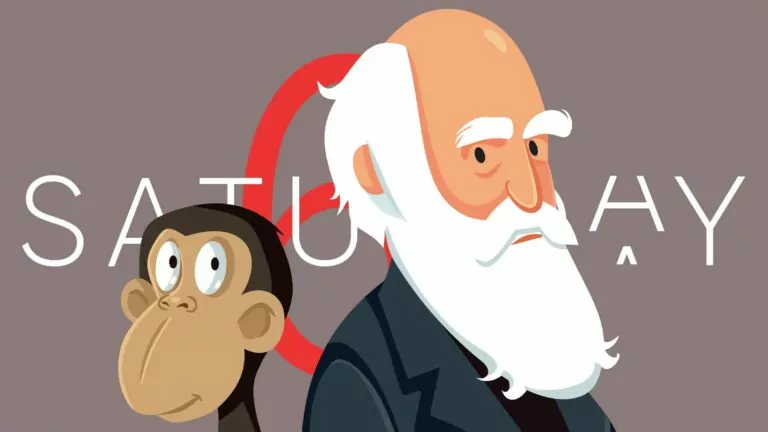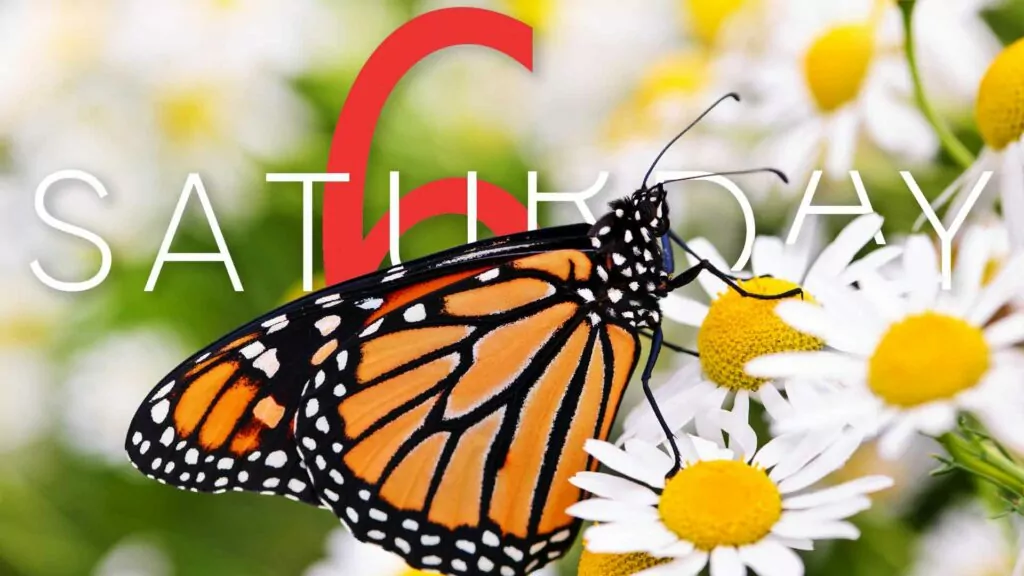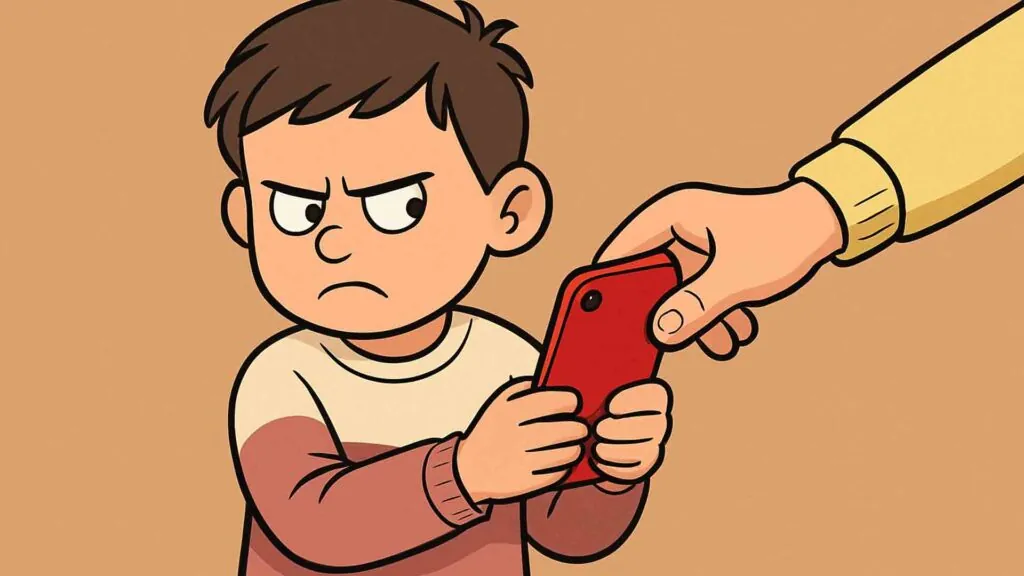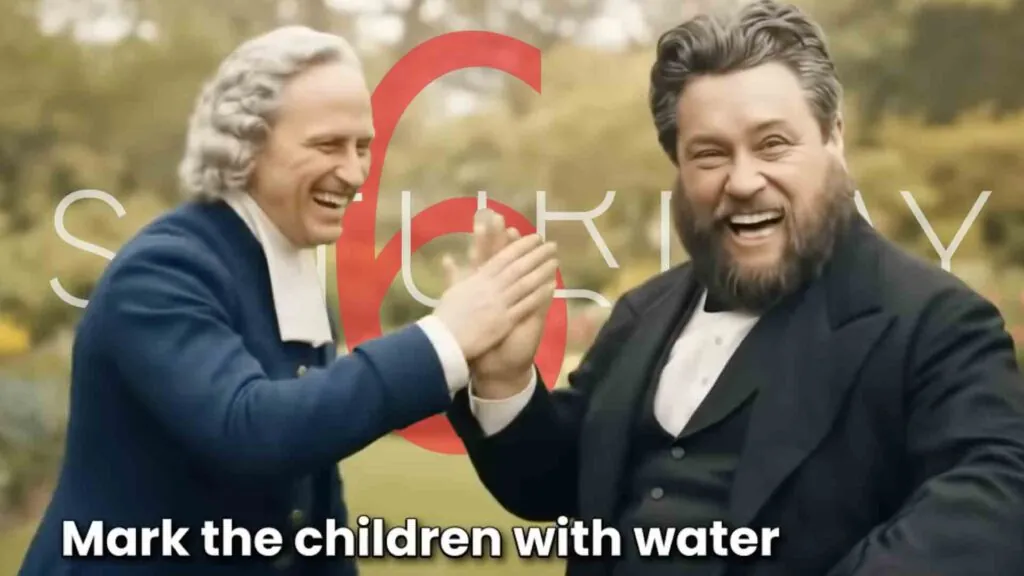Charles Darwin’s birthday was Feb. 12, so for this edition we are marking that event by featuring a collection of very different rebuttals. Click on the titles for the linked articles.
Your cells are constantly being recycled and repaired… even as they keep running
Every day your DNA experiences 10,000 lost letters of code in every single cell of your body. Your body is like a library of information… that’s constantly on fire. As fast as the environment burns down your DNA, a host of DNA “librarians” in your cells builds back what was being burnt down.
That means that, right from the beginning, our DNA needed these repair mechanisms. But these mechanisms need all sorts of DNA to be formed. It’s a chicken and egg dilemma – which came first? Both need to have been in place from the beginning, and couldn’t have evolved one at a time.
Better science without Darwin
When you presume that all the life around us came about by random mutation, acting without design or purpose, then you’re not liable to look to Nature for brilliant design. And devotion to Darwin might have you falling for all sorts of mistakes, like believing that much of our DNA is just junk left over from our previous evolutionary incarnations. Or you’d be liable to look for and try to point out flaws in our design.
But you’d be wrong.
What if, instead of looking to Nature for bad design, scientists starting looking to it for Inspired design? That’s what the field of biometrics is all about – looking to Nature for inspiration, because of the brilliant engineering on display.
Evolution can’t explain why we blush
Does blushing make you fitter? Nope. In fact, an argument could be made that this honest unconscious reaction might put someone at a disadvantage. That’s why Darwin was perturbed by it, because even blushing exposes the insufficiency of his evolutionary theory.
The astonishing self-organizing human embryo
You start as a single cell that then subdivides into all sorts of other different types of cells. But how does the one decide to become all the others? “…how exactly does an organism without any central control self-organize?” The more we learn, the more apparent it is, that we are fearfully and wonderfully made.
The Darwin devotion detector
Some years back author and scientist William A. Dembski crafted a test that paired statements – one devoted to Darwin, the other not – that could be used by a person to gauge how devoted or not they might be to Darwin. I think this 40-question test could be used by Christians in university to confront classmates willing to listen (interested opposition, not fingers-in-their-ears fools) to expose to them their blind devotion to Darwin, and how it isn’t anything to do with science. Here’s one pairing, as an example, with the first showing Darwin devotion, and the second lining up better with reality.
- Darwin’s theory of evolution is as well supported scientifically as Einstein’s theory of general relativity.
- Putting Darwin’s theory of evolution in the same league as Einstein’s theory of general relativity is an affront to the exact sciences.
The age of the arches
As the article above notes, Arches National Park has about 2,000 natural rock arches, with roughly one collapsing each year and none forming. So, unless there were millions of arches to start, that makes it seem that these are not the millions of years old they are purported to be. And the article below highlights how they were not formed as they were purported to be either.












